Category: Books
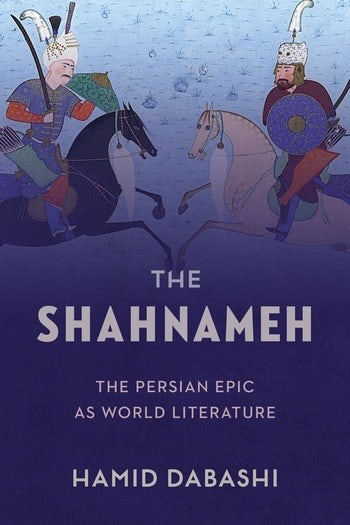
Official Columbia University Press Page: http://cup.columbia.edu/book/the-shahnameh/9780231183444 The Shahnameh, an epic poem recounting the foundation of Iran across mythical, heroic, and historical ages, is the beating heart of Persian literature and culture. Composed by Abu al-Qasem Ferdowsi over a thirty-year period and completed in the year 1010, the epic has entertained...

Official page on Palgrave Macmillan Site: https://www.palgrave.com/gp/book/9781137592408 In this unprecedented book, Hamid Dabashi provides a provocative account of Iran in its current resurrection as a mighty regional power. Through a careful study of contemporary Iranian history in its political, literary, and artistic dimensions, Dabashi decouples the idea of Iran...
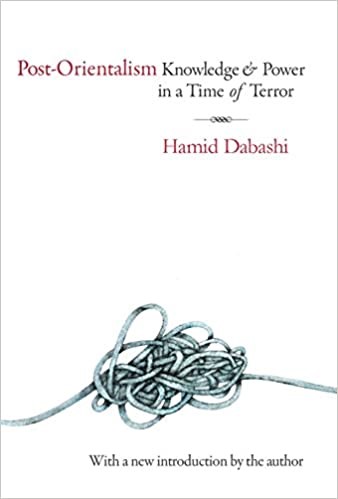
The Paperback Edition with a New Preface Routledge (2015) Post-Orientalism is a sustained record of Hamid Dabashi’s reflections over many years on the question of authority and power. Who gets to represent whom and by what authority? Dabashi’s work picks up where Edward Said’s Orientalism left off. Said traced the origin of the...
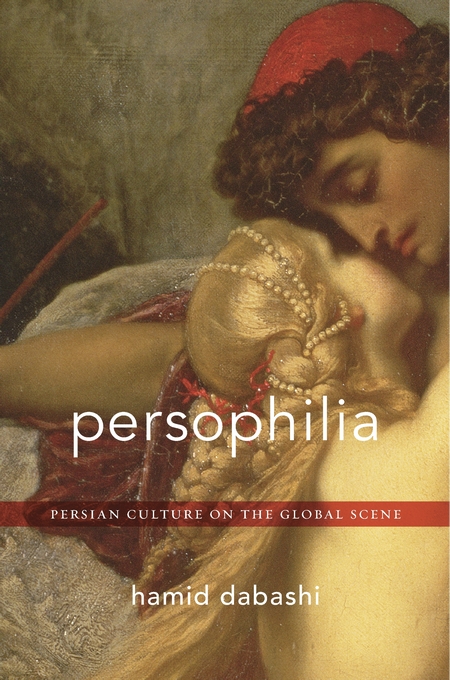
From the Biblical period and Classical Antiquity to the rise of the Renaissance and the Enlightenment, aspects of Persian culture have been integral to European history. A diverse constellation of European artists, poets, and thinkers have looked to Persia for inspiration, finding there a rich cultural counterpoint and frame of...
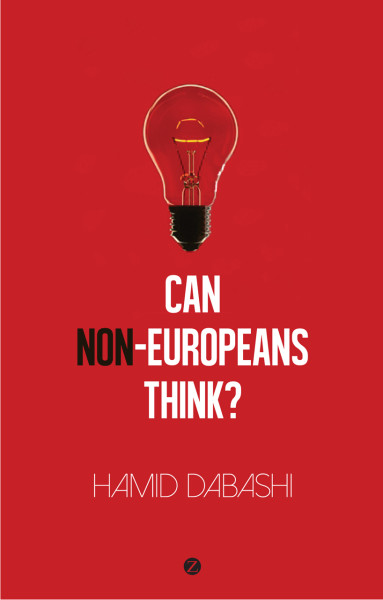
with a foreword by Walter Mignolo What happens to thinkers who operate outside the European philosophical pedigree? In this powerfully honed polemic, Hamid Dabashi argues that they are invariably marginalised, patronised and misrepresented. Challenging, pugnacious and stylish, Can Non-Europeans Think? forges a new perspective in postcolonial theory by examining how...
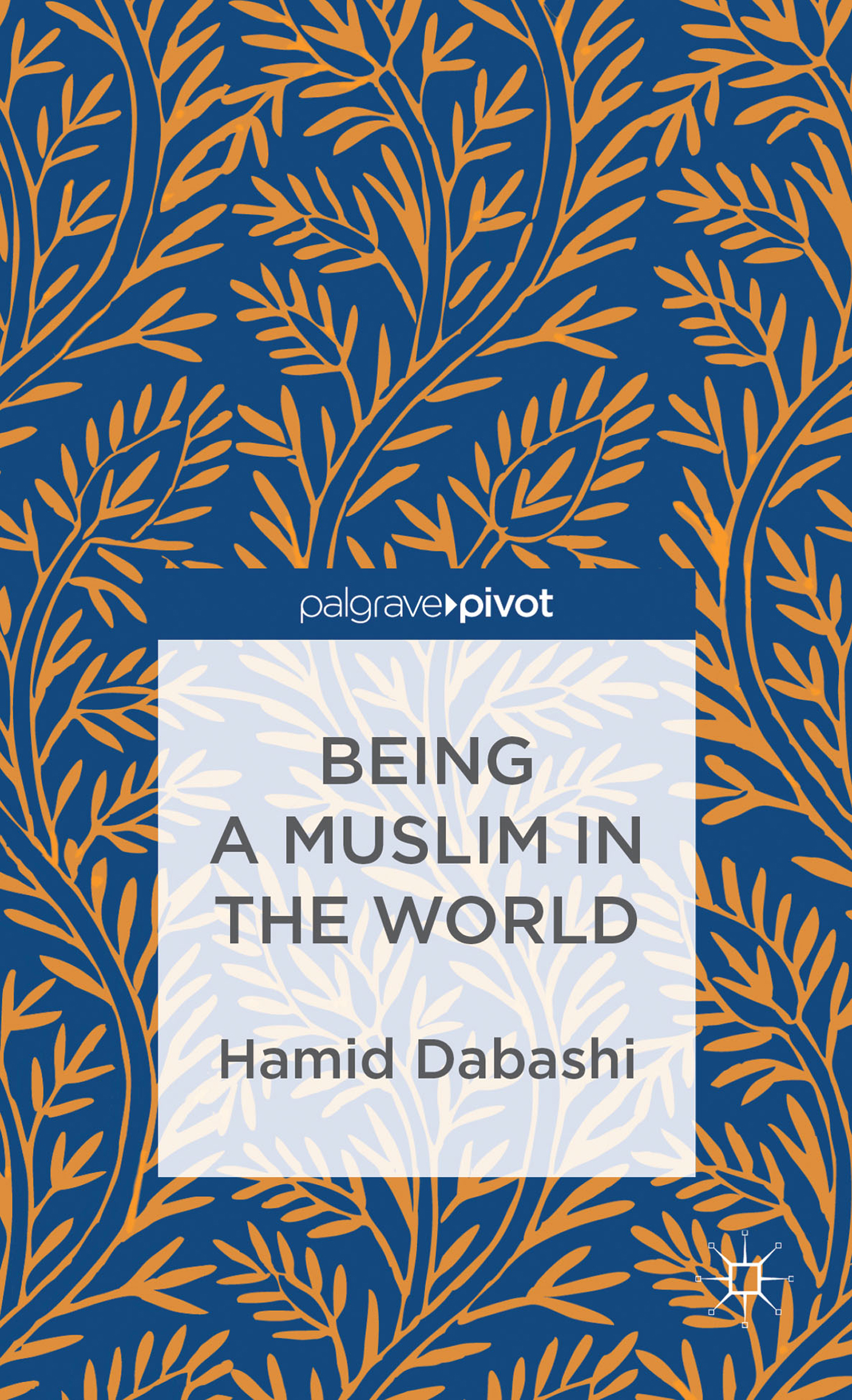
What does it mean to be a Muslim - in this world, in this deeply transformative time? Hamid Dabashi ask this seminal question anew, in the context of what he proposes is a post-Western world where the "Islam and the West" binary is collapsing and where "the West," as a...
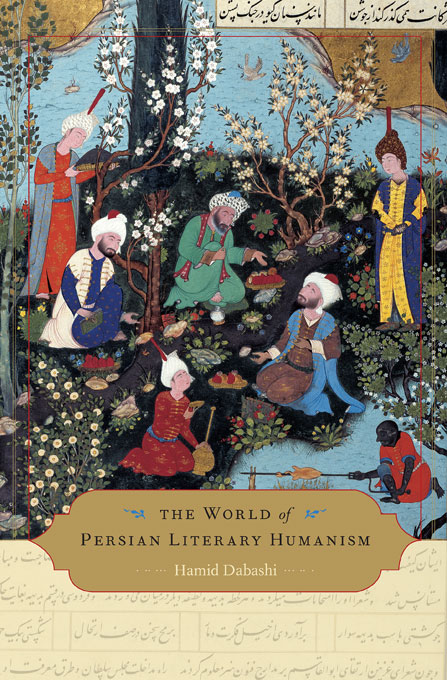
A New Statesman Critics Book of the Year, 2012 What does it mean to be human? Humanism has mostly considered this question from a Western perspective. Through a detailed examination of a vast literary tradition, Hamid Dabashi asks that question anew, from a non-European point of view. The answers are...
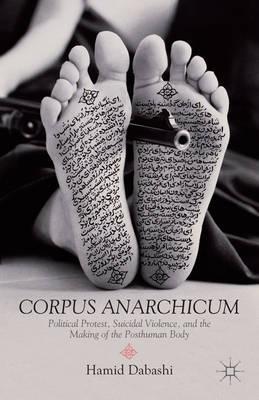
This book is a meditation on and attempt to understand suicidal violence in the immediate context of its most recent political surge—the decade between 2001 and 2011, from the suicidal mission of Muhammad Atta and his band in the United States to the suicide of Mohamed Bouazizi in 2010 in...
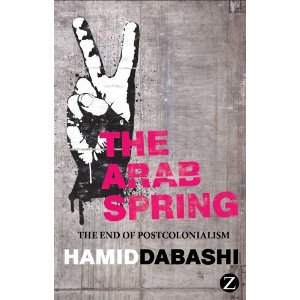
This pioneering elucidation of the Arab Spring will define a new era of thinking about the Middle East. In this landmark book, Hamid Dabashi argues that the revolutionary uprisings that have engulfed multiple countries and political climes from Morocco to Iran and from Syria to Yemen, are driven by a...
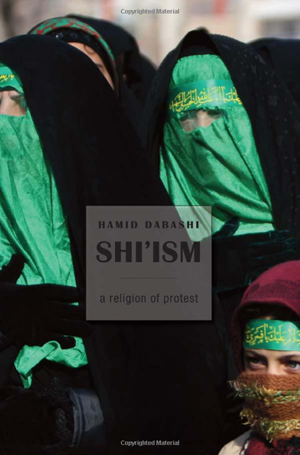
517
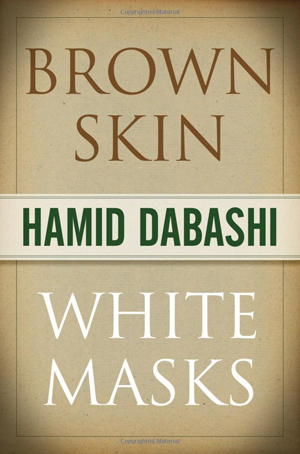
Order from Publisher In this unprecedented study, Hamid Dabashi provides a critical examination of the role that immigrant "comprador intellectuals" play in facilitating the global domination of American imperialism. In his pioneering book about the relationship between race and colonialism, Black Skin, White Masks, Frantz Fanon explored the traumatic consequences...
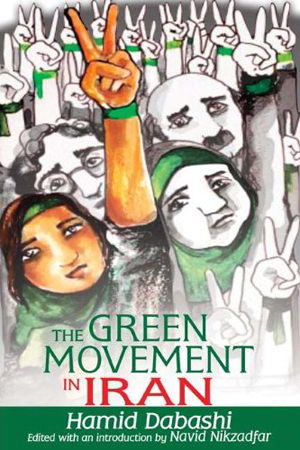
Order from Publisher The Green Movement in Iran contains Hamid Dabashi's most important writings on the Iran's June 2009 election, its tumultuous aftermath, and the characteristics and aspirations of the emerging Green Movement. These analyses range from close analysis of the nature of the events to the Green Movement’s historical...
Copyright ©2009-2025 Hamid Dabashi. All rights reserved.


 Columbia University
Columbia University Aljazeera
Aljazeera Middle East Eye
Middle East Eye Springer Palgrave
Springer Palgrave